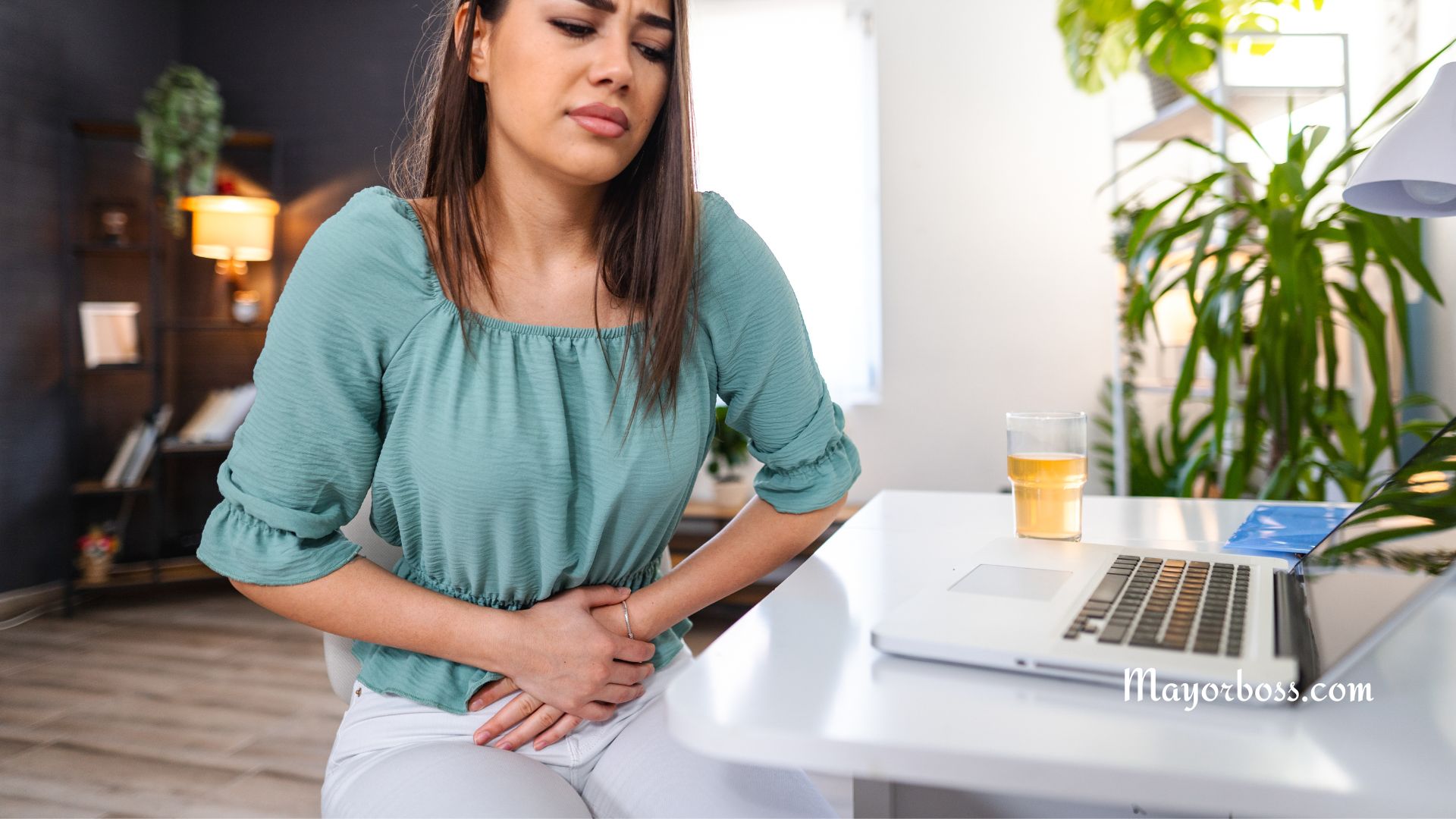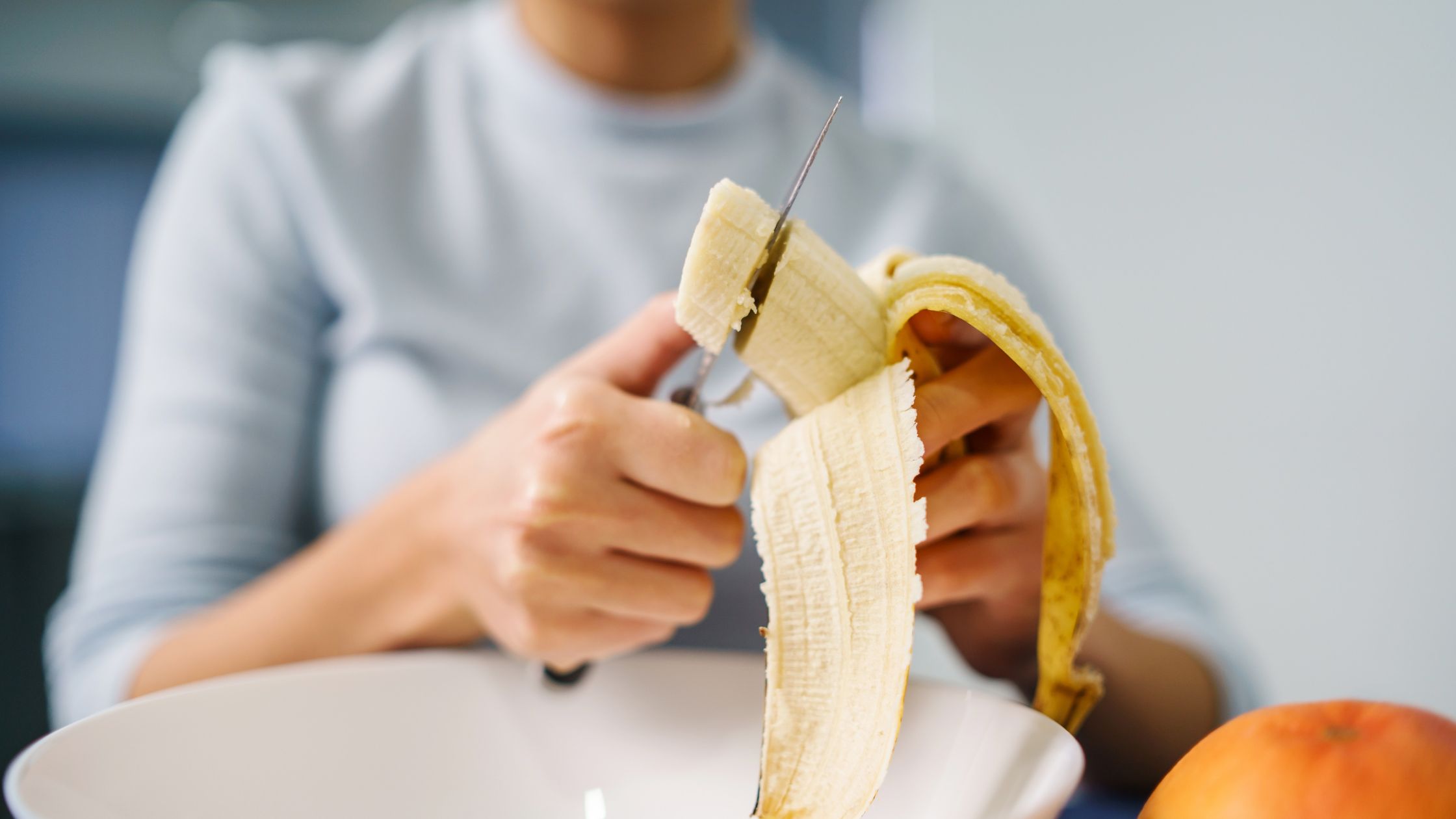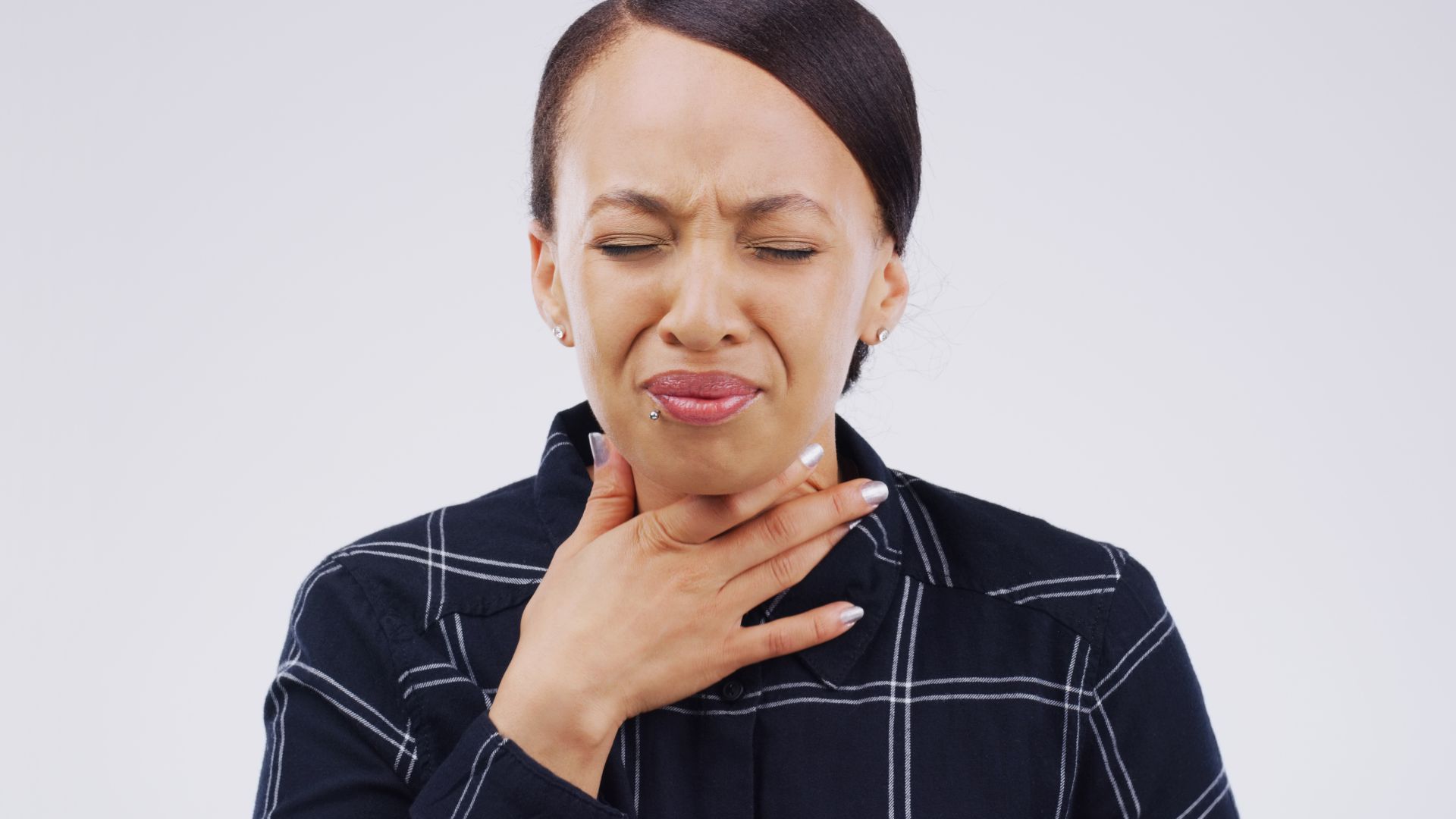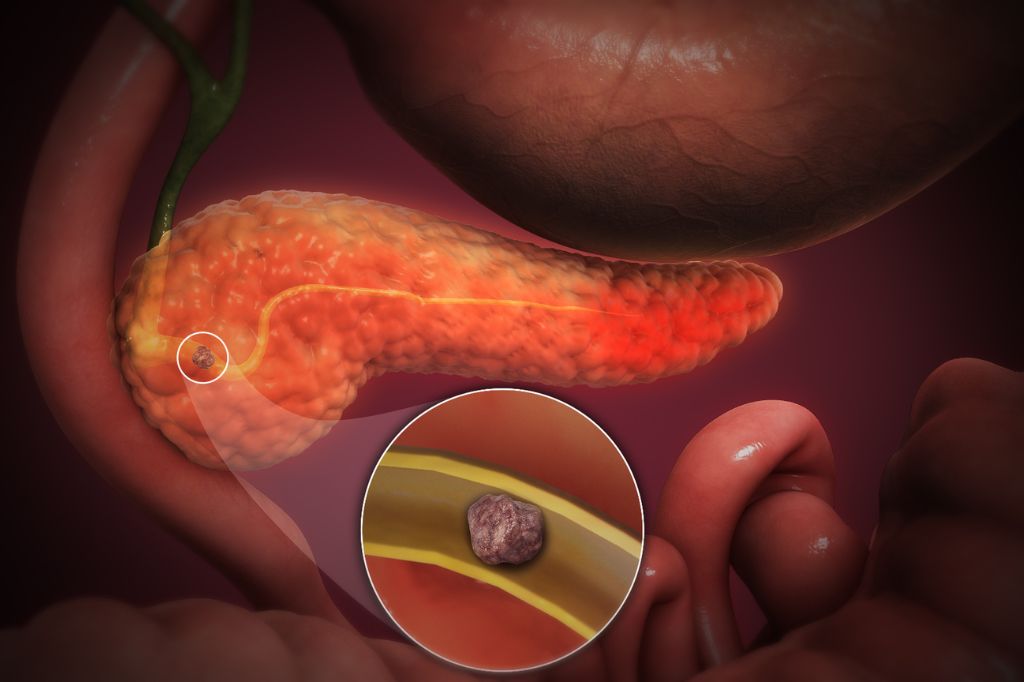7 Common Causes of Constipation
Constipation happens when you do not poop often or when your poop is hard and dry. Most people poop at least three times a week. When you have fewer bowel movements or your stool is hard, it is a sign of constipation. This condition may be temporary or a sign of a health problem that needs attention.
The good news is that you can often prevent or treat constipation by changing your daily habits. Here are seven common reasons why people get constipated.
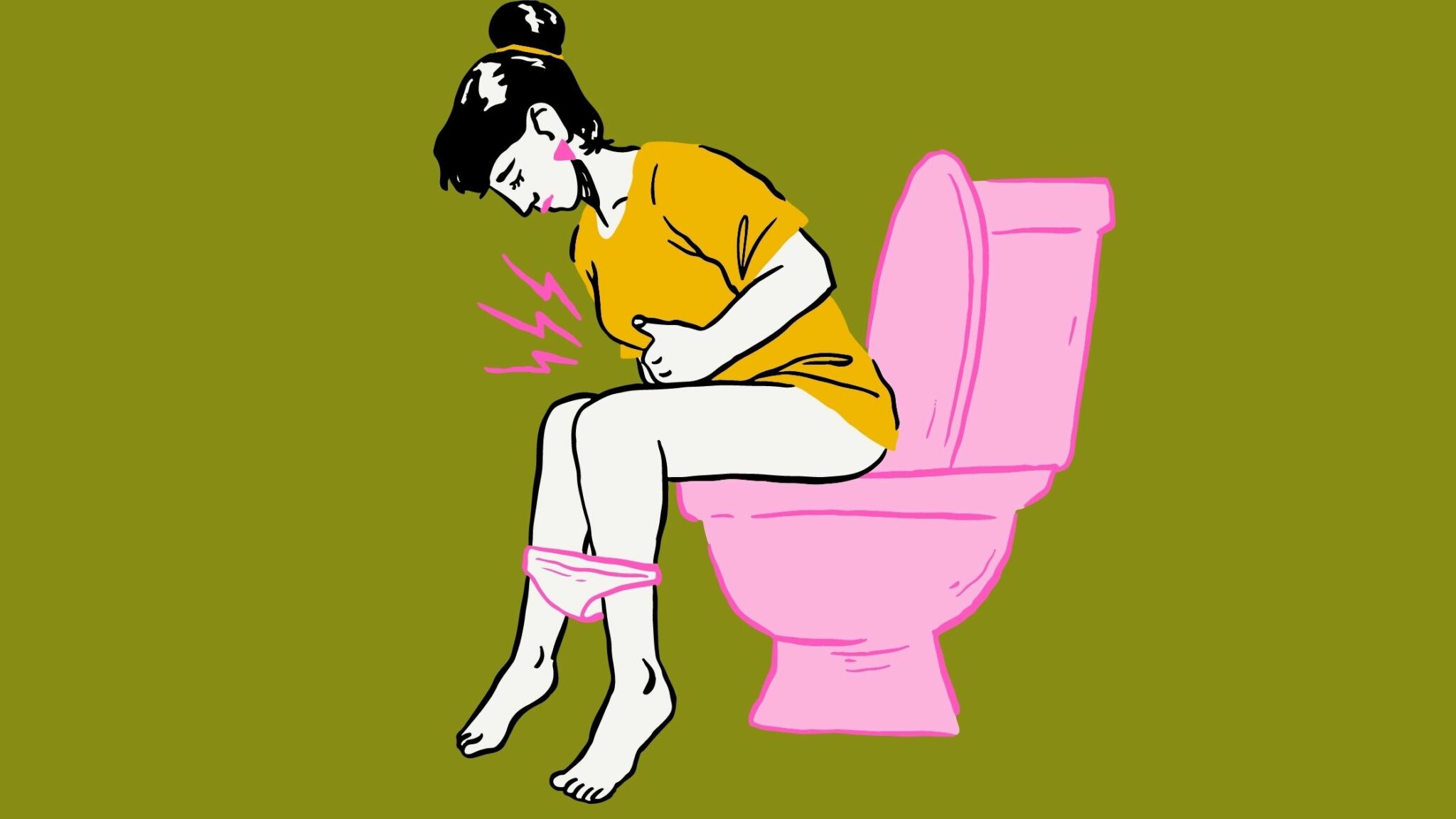
1. Low-Fiber Diet
A low-fiber diet is one of the main causes of constipation. Fiber is a type of carbohydrate found in fruits, vegetables, whole grains, and beans. It helps add bulk to your stool and moves it through your intestines. When you do not eat enough fiber, your stool can become hard and difficult to pass. Adding more fiber to your meals, slowly over time, can help your body adjust and make your bowel movements easier.
2. Not Enough Fluids
Drinking enough water is important for your digestion. Water helps keep your stool soft so it can move easily through your intestines. If you do not drink enough fluids, your body takes more water from your stool, which makes it hard. Try to drink water throughout the day. Drinking eight glasses of water a day is a good goal for most people. This can help prevent constipation.
3. Ignoring The Urge To Pass Stools
Your body sends a signal when it is time to have a bowel movement. Ignoring this signal can potentially lead to constipation. If you delay going to the bathroom, your body might not send the signal as strongly in the future. Over time, this habit can make it harder for you to go when you really need to. Try to go to the bathroom when you feel the urge. Setting a regular time to use the bathroom can help train your body to have more regular bowel movements. This simple habit can reduce the chance of constipation.
5. Lack of Physical Activity
Being active helps your intestines work well. When you exercise, it can help move your stool through your digestive system. People who do not get enough exercise or who sit for long periods are more likely to have constipation. Even small amounts of exercise, like walking or stretching, can help. Try to include some physical activity in your daily routine to keep your digestive system healthy.
6. Medications and Supplements
Some medications and supplements can cause constipation. Pain medicines, especially opioids, can slow down your intestines. Other medicines, such as some types of antidepressants and blood pressure drugs, may also make you constipated. Iron supplements are another common cause of constipation. If you think a medicine or supplement is causing you problems, talk to your healthcare provider. They may adjust the dose or change your treatment.
7. Changes in Routine
When your daily routine changes, your body can be thrown off balance. Traveling or changing your usual schedule can lead to constipation. A change in the time you eat or sleep may affect your bowel movements. Try to stick to a regular schedule for meals and bathroom breaks. This helps your body know when to have a bowel movement, which can make constipation less likely.
8. Underlying Medical Conditions
Sometimes, constipation is a manifestation of another health issue. Conditions like hypothyroidism (an underactive thyroid), diabetes, and irritable bowel syndrome (IBS) can lead to constipation. In these cases, the muscles or nerves in the colon do not work well, which makes bowel movements hard to pass. If you have other symptoms like pain, blood in your stool, or sudden weight loss, you should see a healthcare provider. They can check for any health issues and suggest proper treatment.
How to Prevent and Manage Constipation
Making a few changes in your daily life can help prevent constipation. Here are some simple tips:
- Eat More Fiber: Add fruits, vegetables, whole grains, and beans to your meals. Increase your fiber slowly so your body can get used to it.
- Drink More Water: Aim to drink water throughout the day. Eight glasses of water daily is a good goal.
- Exercise Regularly: Try to be active every day. Even a short walk can help your digestive system work better.
- Stick to a Routine: Have meals at the same times each day. Try to use the bathroom at regular times too.
- Talk to Your Doctor: If you think your medications or supplements are causing constipation, ask your healthcare provider for advice.
- Manage Stress: Practice ways to relax, like deep breathing or meditation. Lowering stress can help improve your digestion.
When to See a Doctor
Constipation is common and usually not serious. However, you should see a doctor if you have constipation that lasts for several weeks or if you experience other symptoms. Severe pain, blood in your stool, or sudden weight loss should be checked by your doctor. These signs may mean there is another problem that needs treatment.

